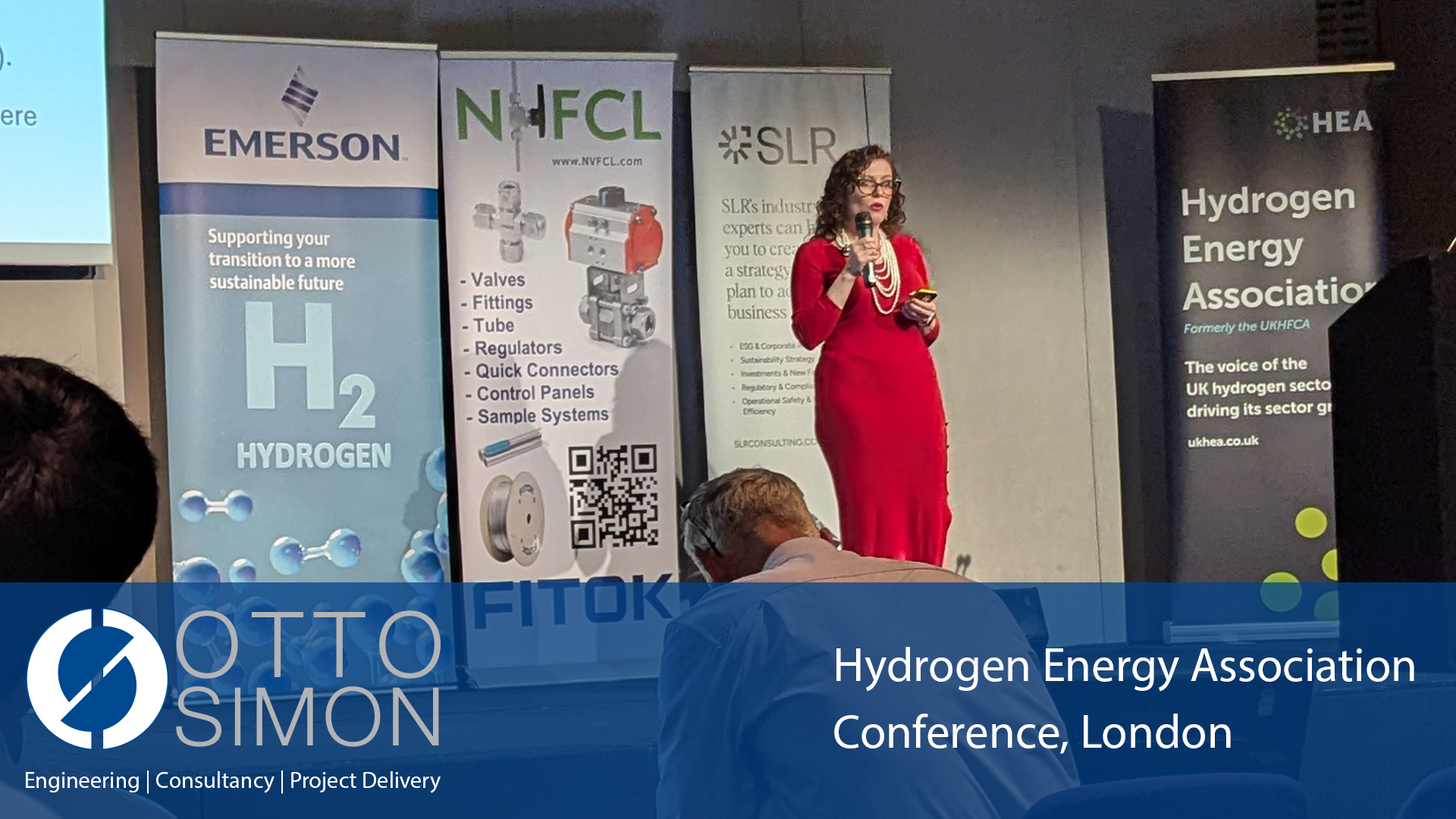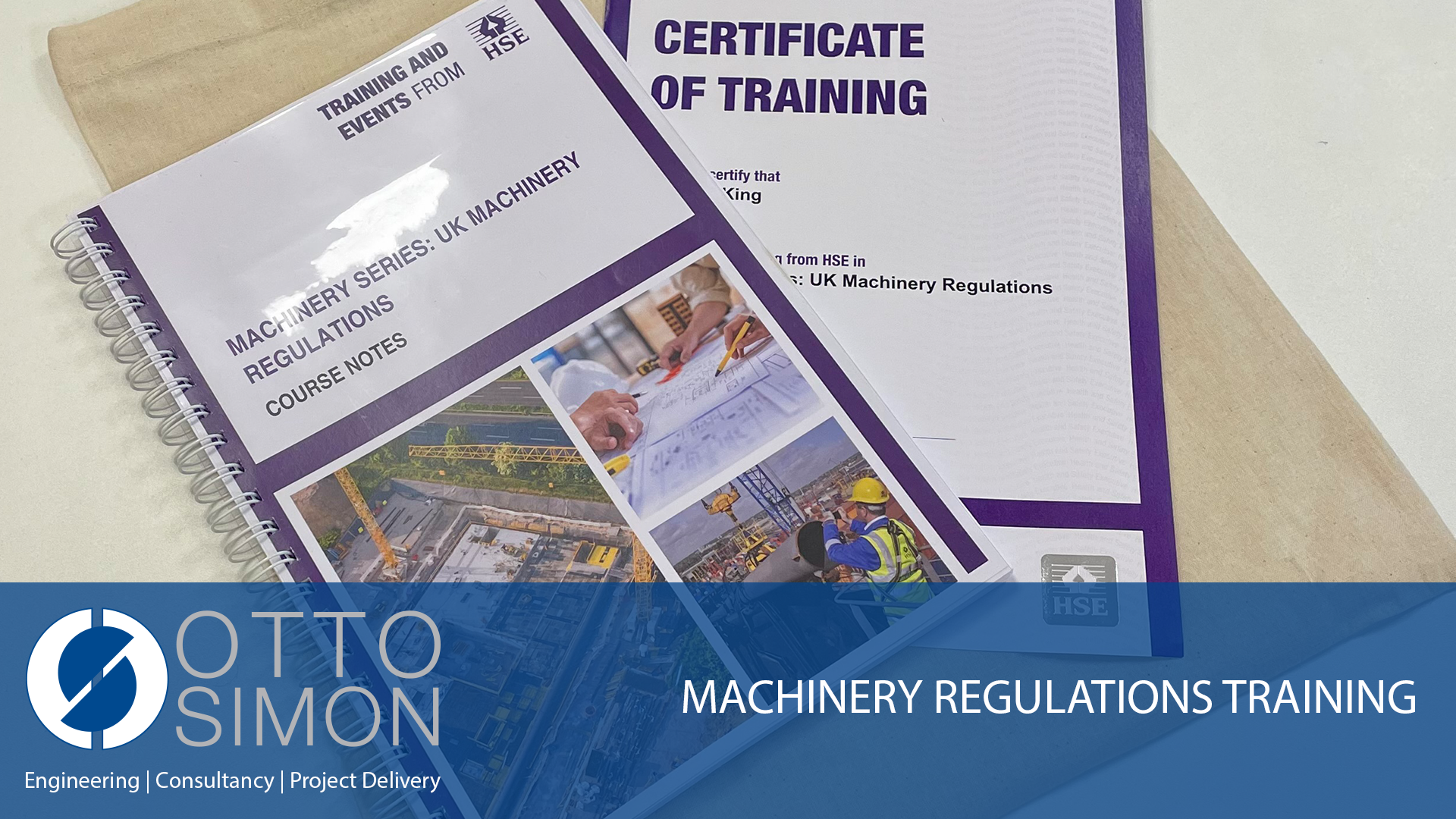UK Hydrogen Strategy
Otto Simon • August 18, 2021
BEIS launches the UK Hydrogen Strategy
The Department of Business, Energy and Industrial Strategy (BEIS) published their eagerly anticipated Hydrogen Strategy on 17th August, outlining the UK Government’s plan for developing a thriving hydrogen economy to deliver the 5GW production ambition by 2030 and positioning hydrogen to support the UK’s net zero commitments.
The Strategy follows commitments made in the Prime Minister’s 10 Point Plan for the Green Industrial Revolution and expects the UK hydrogen economy to support 9,000 UK jobs and unlock £4bn in investment by 2030; predicting that 20-35% of the UK’s energy consumption by 2050 could be hydrogen-based.
A ‘twin-track’ approach will be taken to support multiple technologies including electrolytic and carbon capture-enabled hydrogen production, with further detail expected in 2022 to outline the Government’s production strategy.
Work will be undertaken with industry to assess the safety, technical feasibility, and cost effectiveness of mixing 20% hydrogen into the existing gas supply which could deliver a 7% emissions reduction on natural gas. Otto Simon has been heavily involved in the project undertaken at Keele University to trial the blending of hydrogen and natural gas, and we’re delighted to see government backing further trials.
In addition to £240million of funding committed to the Net Zero Hydrogen Fund, the Government will announce a £105 million funding package through a new Net Zero Innovation Portfolio which is expected to jump start the UK’s low carbon hydrogen economy. It is clear that hydrogen will play a critical role in decarbonising the UK and this investment will help industries to develop low carbon alternatives for industrial fuels, including hydrogen, which will be key to meeting the Government’s climate targets of net zero emissions by 2050 and cutting emissions by 78% by 2035.
Business & Energy Secretary Kwasi Kwarteng said: “Today marks the start of the UK’s hydrogen revolution. This home-grown clean energy source has the potential to transform the way we power our lives and will be essential to tackling climate change and reaching Net Zero.”
With Energy & Climate Change Minister Anne-Marie Trevelyan adding: “Today’s Hydrogen Strategy sends a strong signal globally that we are committed to building a thriving low carbon hydrogen economy that could deliver hundreds of thousands of high-quality green jobs, helps millions of homes transition to green energy, support our key industrial heartlands to move away from fossil fuels and bring in significant investment.”
This announcement comes at an important moment, with the United Nationals Climate COP26 Climate Talks due to take place in Glasgow this November.
Otto Simon welcomes the launch of this strategy and looks forward to the additional detail of the UK’s hydrogen production strategy.
As an active member of the North West Hydrogen Alliance, Otto Simon is working at the forefront of technical innovation for the Hydrogen market. We provide engineering expertise to develop feasibility, commercialisation, and process safety studies for utilising blended hydrogen or pure hydrogen as a fuel source. We look forward to supporting the continued development of a hydrogen economy and are hopeful that it will drive the UK towards a greener and cleaner future.
Back to Blog


 Show More
Show More
Recent Blog Posts

At Otto Simon, we’ve been carefully reviewing the UK’s Modern Industrial Strategy 2025 to understand the potential impact on the sectors we serve — and, more importantly, how this may affect our clients and partners. While we highly recommend reviewing the full strategy yourself at The UK's Modern Industrial Strategy 2025 - GOV.UK , here are the main take-away points from Otto Simon’s perspective: Chemicals Sector The strategy outlines several important proposals aimed at supporting the UK’s chemicals and manufacturing industries. Key areas of focus include: Reducing Industrial Electricity Costs – The government aims to expedite grid connections for new power generators and increase investment in green energy. In addition, continued support for the Energy-Intensive Industries Compensation Scheme is planned. For many Otto Simon clients who rely on high volumes of energy for their operations, these measures could significantly lower overheads. Historically, UK industry has faced much higher electricity costs than many international competitors — so this change should improve both competitiveness and investment potential. Easing the Regulatory Burden – Otto Simon supports clients in meeting both legal and moral obligations around safety and compliance. While regulation remains essential for managing risk in high-hazard environments, unnecessary administrative burdens often create inefficiencies. Although further detail is awaited, we will continue to monitor developments and help our clients interpret and implement any changes to legislation or industry standards. Improving Infrastructure and Planning Processes – The strategy includes proposals to reduce planning barriers and invest in key infrastructure. Improved logistics and access to essential inputs can enhance operational reliability and help maintain competitiveness across the chemicals sector. Hydrogen Sector The government has reaffirmed its commitment to clean energy — including hydrogen — by doubling investment in the sector. This aims to strengthen the UK’s position as an early leader in the hydrogen economy, particularly in technologies such as electrolysers and engineering services. The transition from natural gas to hydrogen represents a key component of the UK’s future energy strategy, with significant potential for decarbonising industrial processes. Otto Simon continues to support clients seeking to integrate hydrogen as a viable fuel source and remains actively involved in the delivery of practical, large-scale hydrogen solutions across heavy industry. This includes supporting the development of projects under the UK’s Hydrogen Allocation Rounds (HAR1 and HAR2), which aim to bring low-carbon hydrogen production to commercial scale. Industrial Biotechnology Sector Otto Simon has a strong track record in supporting innovative companies working in fermentation and biotechnologies. While the 2025 strategy does not explicitly target industrial biotechnology, adjacent sectors — such as pharmaceuticals and clean energy — are likely to benefit from broader support measures. We acknowledge that the UK/US trade agreement may impact the competitiveness of certain bio-based fuels such as bioethanol, but the UK remains home to a vibrant innovation ecosystem. Otto Simon stands ready to assist these organisations in developing technologies that support the UK's sustainable future ambitions. Emergent Technology Sector The strategy makes clear the government’s ambition to support the entrepreneurial ecosystem — a key segment of Otto Simon’s Emergent Technology client base. Key initiatives include: Driving Innovation – The government is looking to incentivise collaboration between academia and industry, fostering innovation-led growth across the UK. With many ground-breaking technologies historically relocating abroad due to high costs, the government’s goal is to retain and nurture these businesses within the UK economy. Improving Access to Finance – Through grants, loans, and tax relief schemes, the government intends to support early-stage and high-growth businesses. Expanding access to funding can help these companies commercialise innovations and scale operations. Otto Simon continues to support emergent technology enterprises — offering expertise from concept design through to deployment — ensuring engineering and process challenges don’t slow down innovation. Conclusion The 2025 Industrial Strategy signals a renewed focus on long-term government support for UK industry — particularly in innovation, clean energy, and manufacturing. Otto Simon will continue to track these developments closely, working alongside our clients and partners to ensure they remain informed, prepared, and positioned to benefit from the evolving industrial landscape.

Otto Simon recently attended the Hydrogen Energy Association (HEA) annual conference in Westminster, London, a key event for the hydrogen industry. The conference featured a keynote speech by Sarah Jones, UK Government Minister of State for Industry and Net Zero , highlighting the government's commitment to this crucial sector. Our team had the invaluable opportunity to hear directly from industry-leading hydrogen experts , gaining first-hand insights into the latest policies and government funding initiatives. This direct access to information is vital for staying at the forefront of hydrogen advancements. Congratulations to Clive Mansfield and Clare Dunkerley from our team, who actively participated in the networking sessions, engaging in discussions about hydrogen and safety —a critical aspect of our work. They also gathered useful information that will directly benefit our ongoing hydrogen projects.

Here at Otto Simon, we're committed to staying at the forefront of safety and compliance in Process Plant projects. That's why two of our seasoned principal engineers, Mike Wray and Mike Westerman, recently attended a crucial refresher course on machinery regulations at the HSE Science and Research Centre. In the world of Process Plant projects, it's common to encounter machinery assemblies where vendors don't provide a declaration of conformity. With the recent publication of the new EU Machinery Regulation 2023/1230/EU, it's more important than ever to be on top of the latest guidelines. This ensures we can continue to offer our UK-based clients the best advice on their responsibilities and how to apply conformity assessments when machinery risks are present. This applies to both new equipment and the repurposing of existing machinery. Considering there are over 800 standards related to machinery design, our approach is meticulous. We utilise a thorough hazard identification process to carefully evaluate risks and implement best practice safety mitigations in all our designs. This proactive approach helps us ensure the highest level of safety for your projects. Please get in touch for assistance.